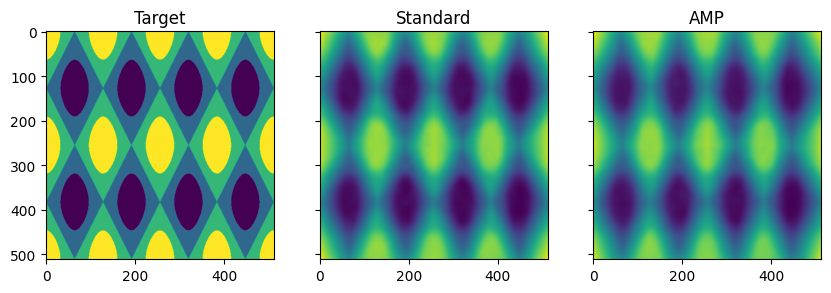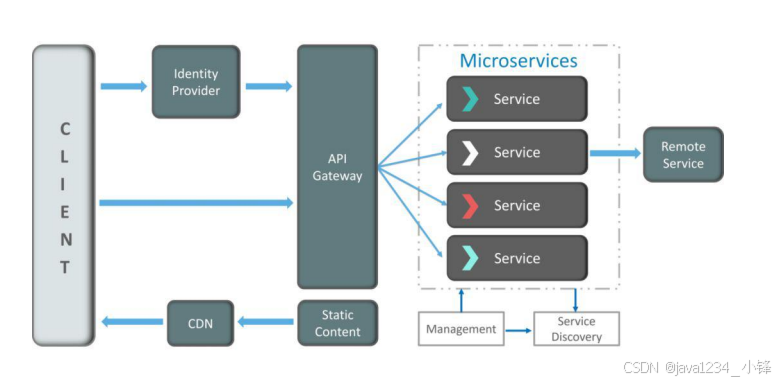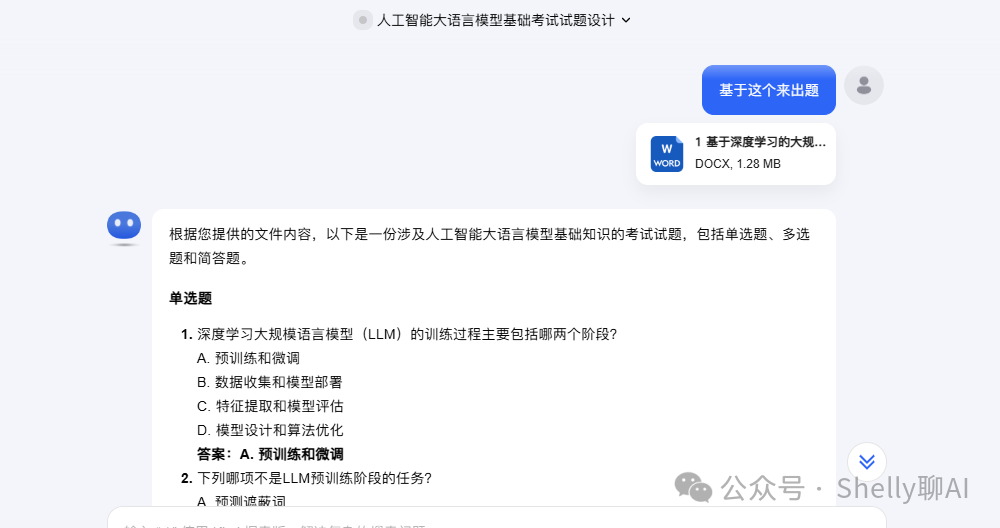c++查询可以调动的线程个数
#include <iostream>
#include <thread>int main() {// 查询可调动线程数量std::thread::hardware_concurrency();// 如果函数返回0,表示不支持并发,或者无法确定// 如果返回非0值,表示可以同时激活的线程数量unsigned int concurrency = std::thread::hardware_concurrency();std::cout << "可调动线程数量: " << concurrency << std::endl;return 0;
}
无返回值
在C++中处理大量数据时,可以使用多线程来提高处理速度。以下是一个简单的例子,展示了如何使用std::thread来并行处理数据集。
#include <iostream>
#include <vector>
#include <thread>// 处理单个数据项的函数
void processData(const std::vector<int>& data, int threadIndex, int threadCount) {for (size_t i = threadIndex; i < data.size(); i += threadCount) {// 对数据项进行处理// 例如:std::cout << data[i] << std::endl;}
}int main() {std::vector<int> data = {/* 初始化数据 */};const int threadCount = 4; // 假设我们想要4个线程std::vector<std::thread> threads;for (int i = 0; i < threadCount; ++i) {threads.emplace_back(processData, std::ref(data), i, threadCount);}for (auto& thread : threads) {thread.join(); // 等待所有线程完成}return 0;
}
有返回值
在C++中,创建一个有返回值的线程可以使用std::future和std::packaged_task。以下是一个简单的例子:
#include <iostream>
#include <future>
#include <thread>// 函数返回一个整数
int returnValueFunction(int value) {return value * 2;
}int main() {// 创建一个packaged_taskstd::packaged_task<int(int)> task(returnValueFunction);// 获取与task关联的未来std::future<int> result = task.get_future();// 创建线程并执行taskstd::thread t(std::move(task), 10);// 等待任务完成并获取结果int answer = result.get();std::cout << "The answer is " << answer << std::endl;// 清理线程资源t.join();return 0;
}
无返回值大数据

有返回值大数据
类内方法1int ConvertEntity(int a1, double a2,bool a3,int a4);//含形参和返回值要加线程的方法
类内方法2 通过线程调用类内方法1 且将结果加在类内变量里面// 定义线程要执行的函数,捕获myObject的引用auto threadFunction = [this](int a1,double a2,bool a3,int a4) {auto result = ConvertEntity(a1, a2, a3, a4);std::lock_guard<std::mutex> guard(mtx);//锁数据m_Dates.insert(m_Dates.begin(), result.begin(), result.end());};// 查询可调动线程数量std::thread::hardware_concurrency();// 如果函数返回0,表示不支持并发,或者无法确定// 如果返回非0值,表示可以同时激活的线程数量unsigned int threadCount = std::thread::hardware_concurrency();std::cout << "可调动线程数量: " << threadCount << std::endl;//获取当前时间点 auto start = std::chrono::high_resolution_clock::now();std::vector<std::list<DRW_Entity*>> _ents;int num = ents.size() / threadCount;std::vector<std::thread> threads;int startNum = 0;int endNum = 0;for (int i = 0; i < threadCount; ++i){startNum = i == 0 ? 0 : endNum;endNum = (i == threadCount - 1) ? ents.size(): (endNum + num);threads.emplace_back(threadFunction,实参1,实参2,实参3,实参4);}// 等待所有线程完成for (auto& t : threads) {if (t.joinable()) {t.join();}}


















